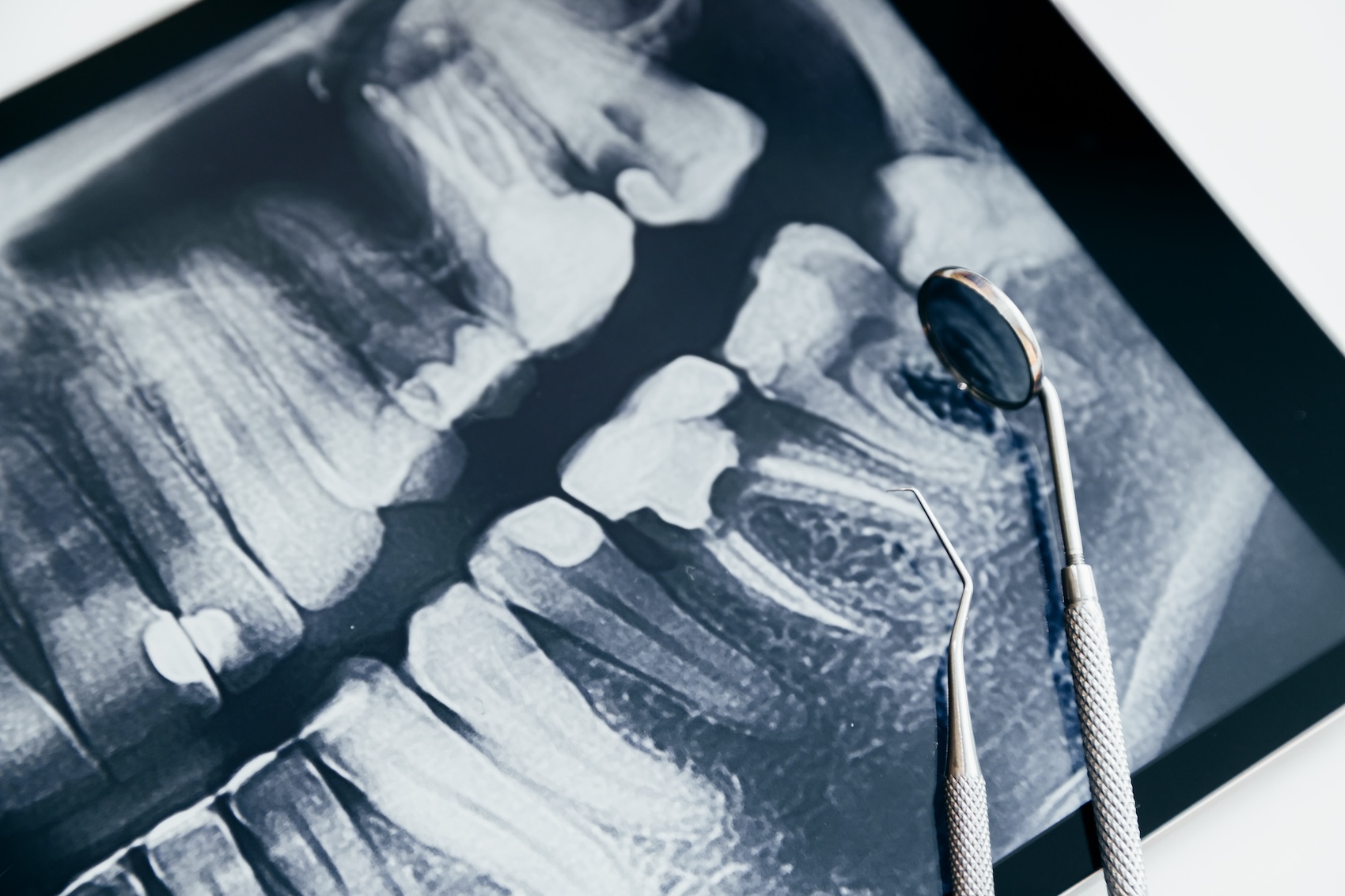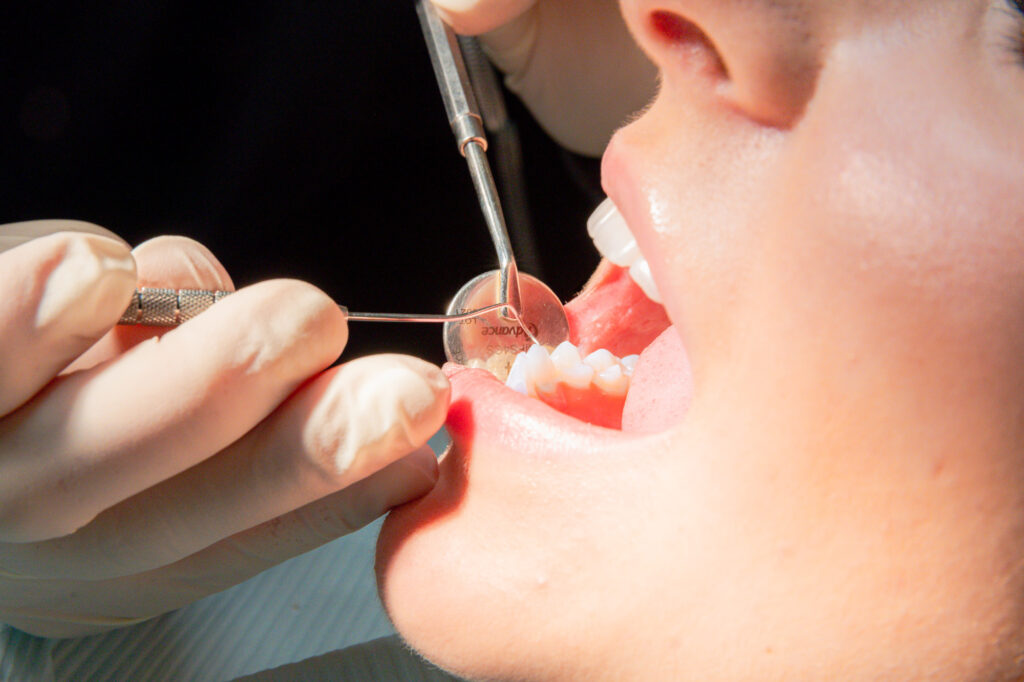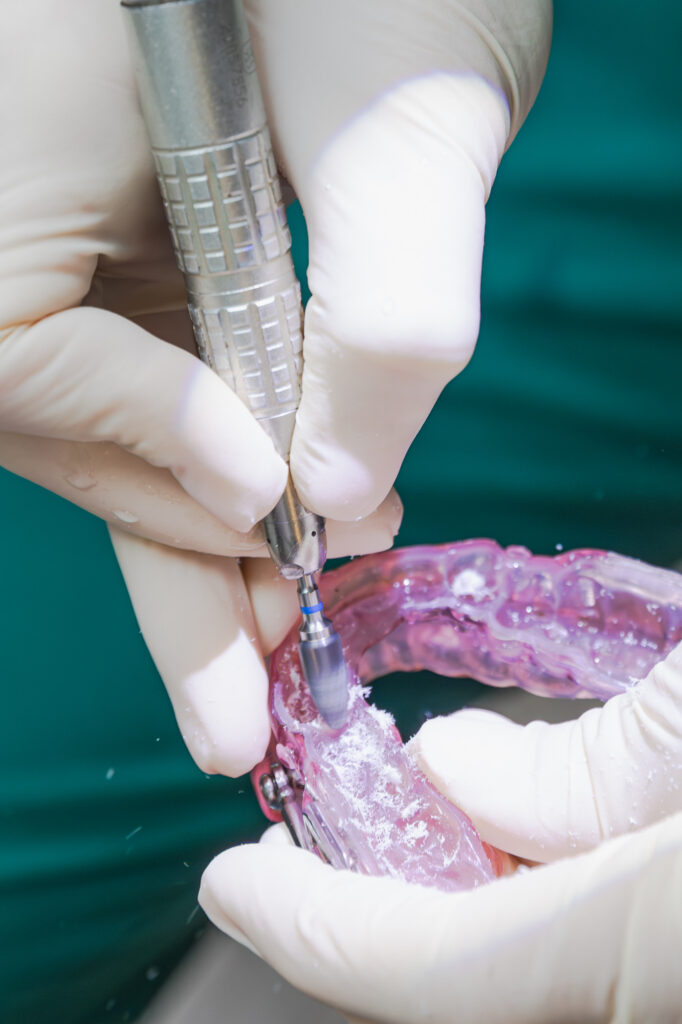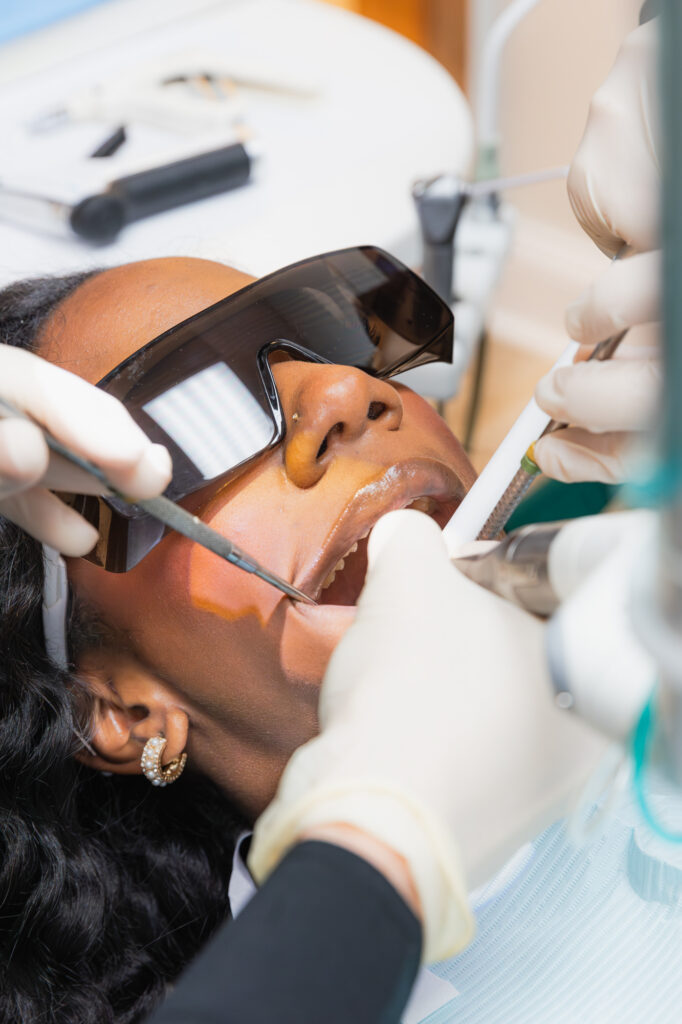Dental exams are a vital part of your overall oral care routine at Greater Decatur. During an exam, you will work directly with Dr. Meyer. She will closely study your teeth and look for the signs of many common conditions like cavities, tooth decay, gum disease, cracked or chipped teeth, and jaw pain.
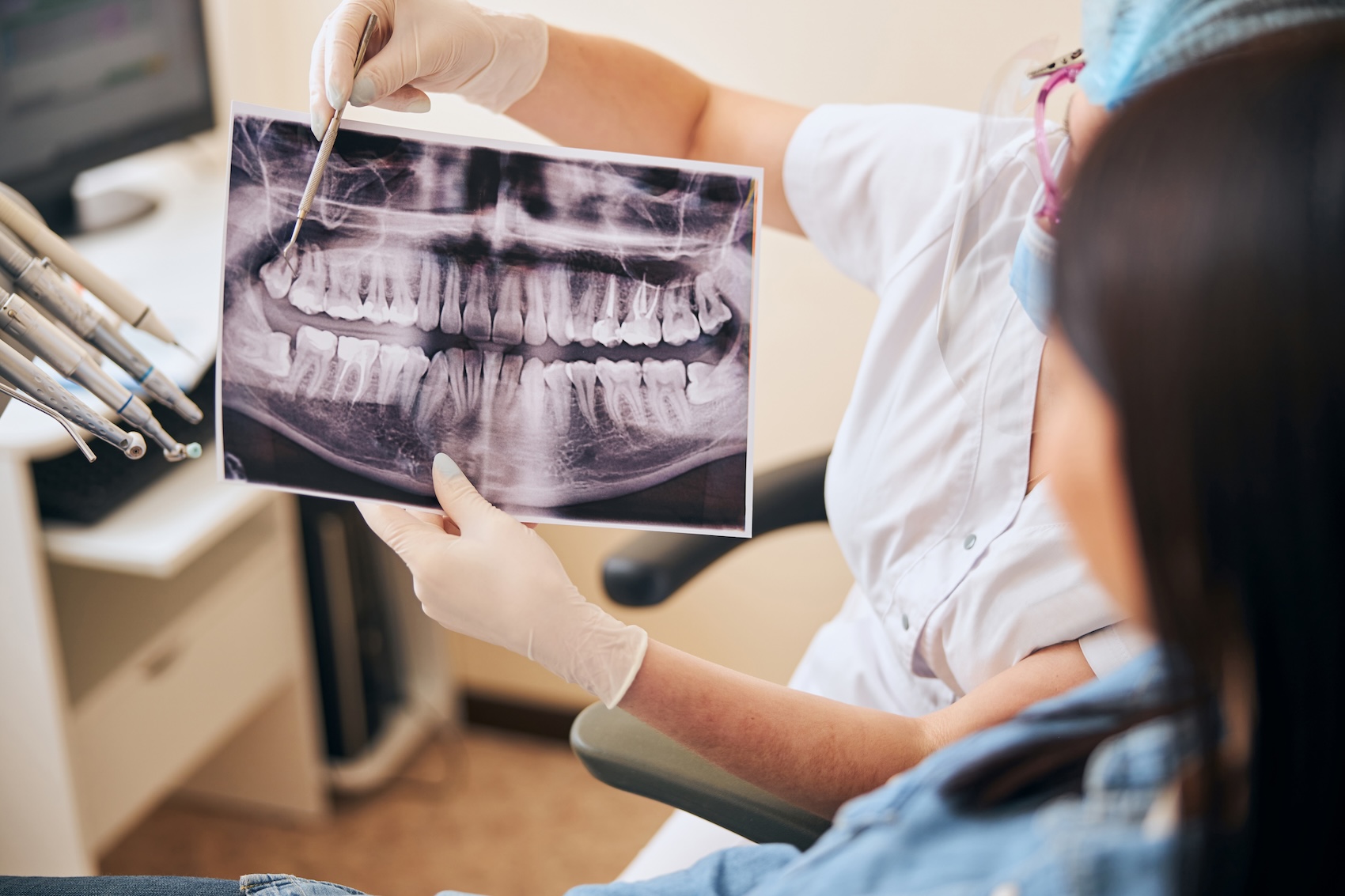
Exams & X-Rays
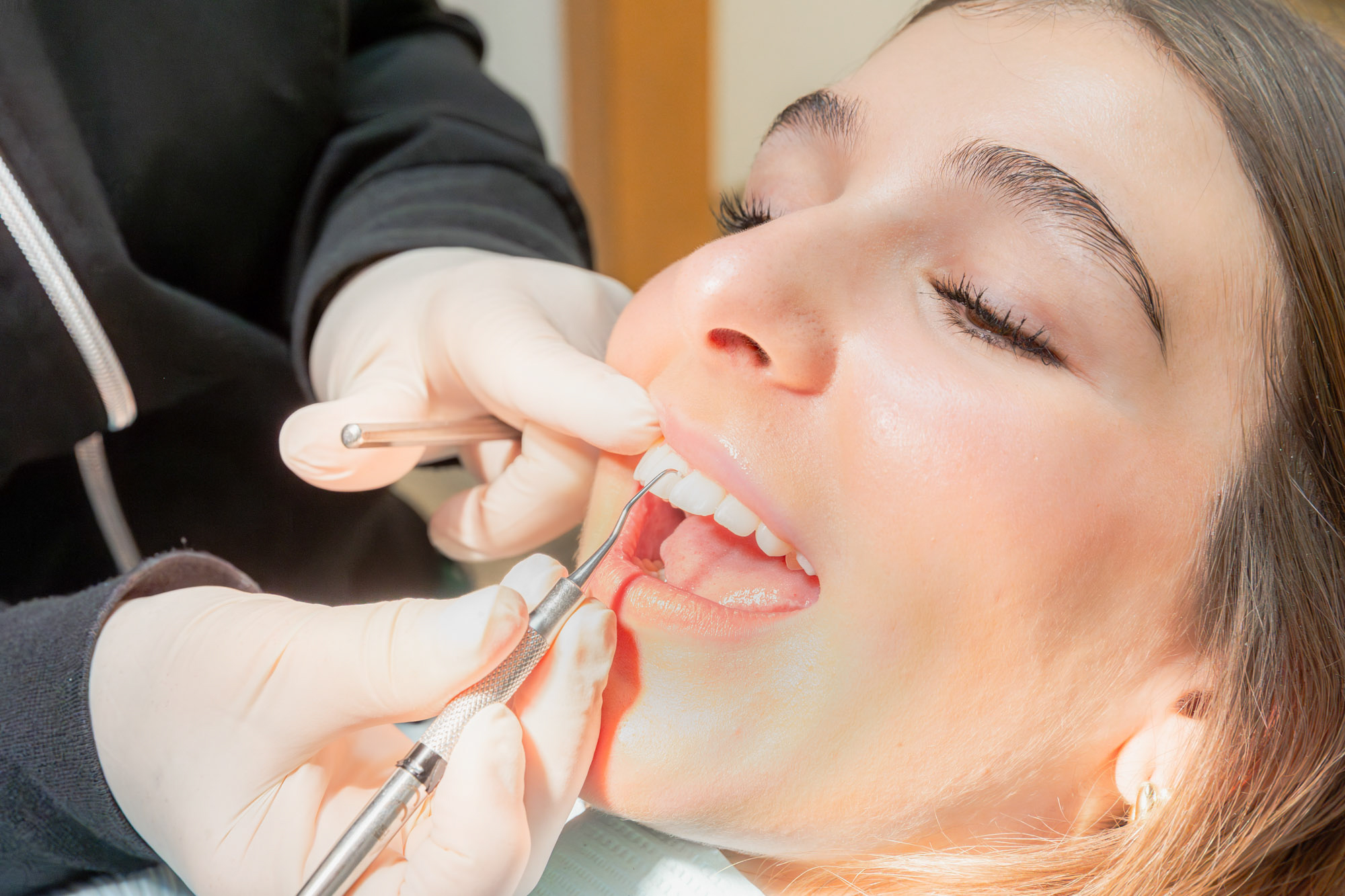
Prevent Gum Disease
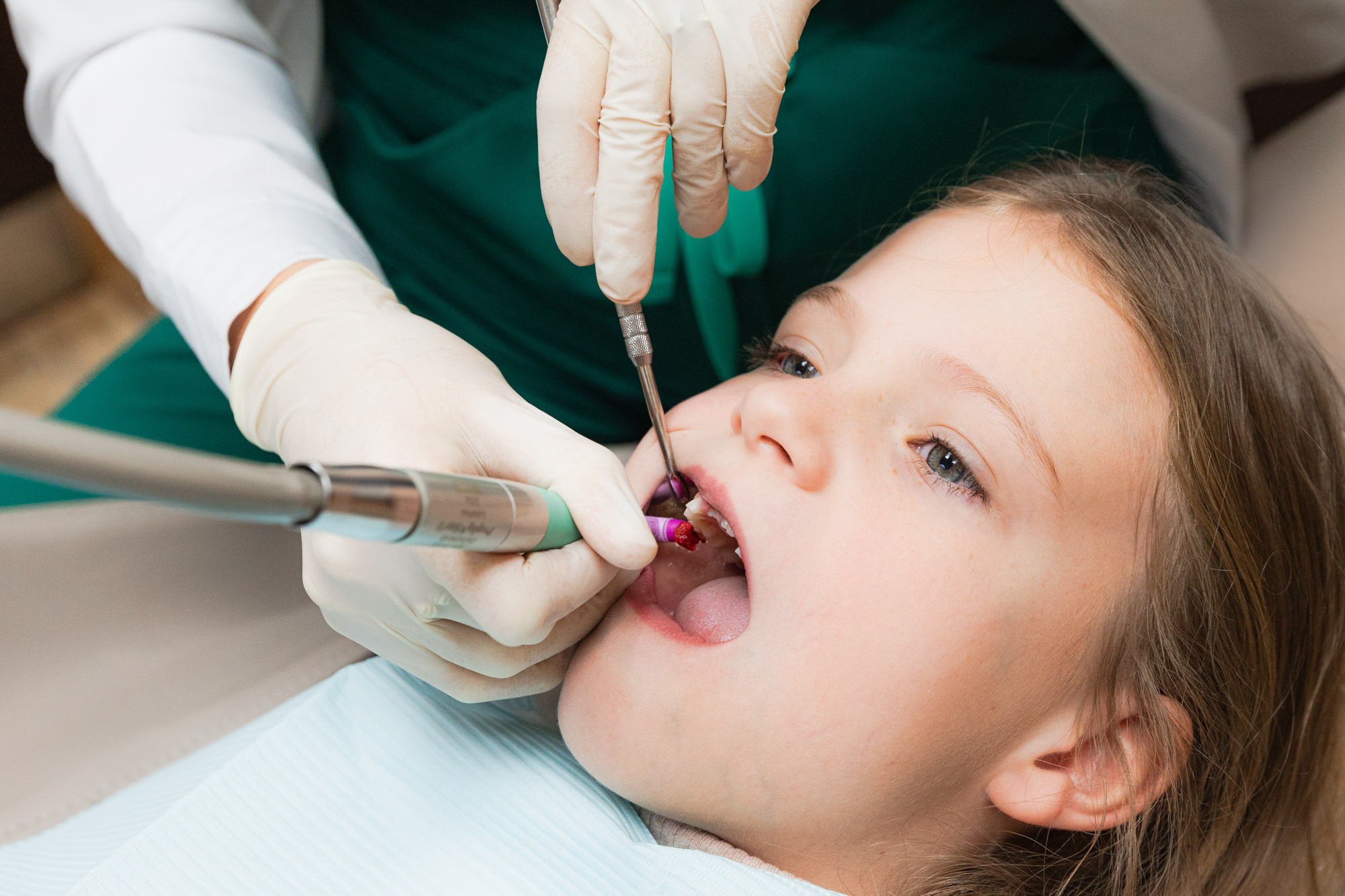
Eliminate Pain
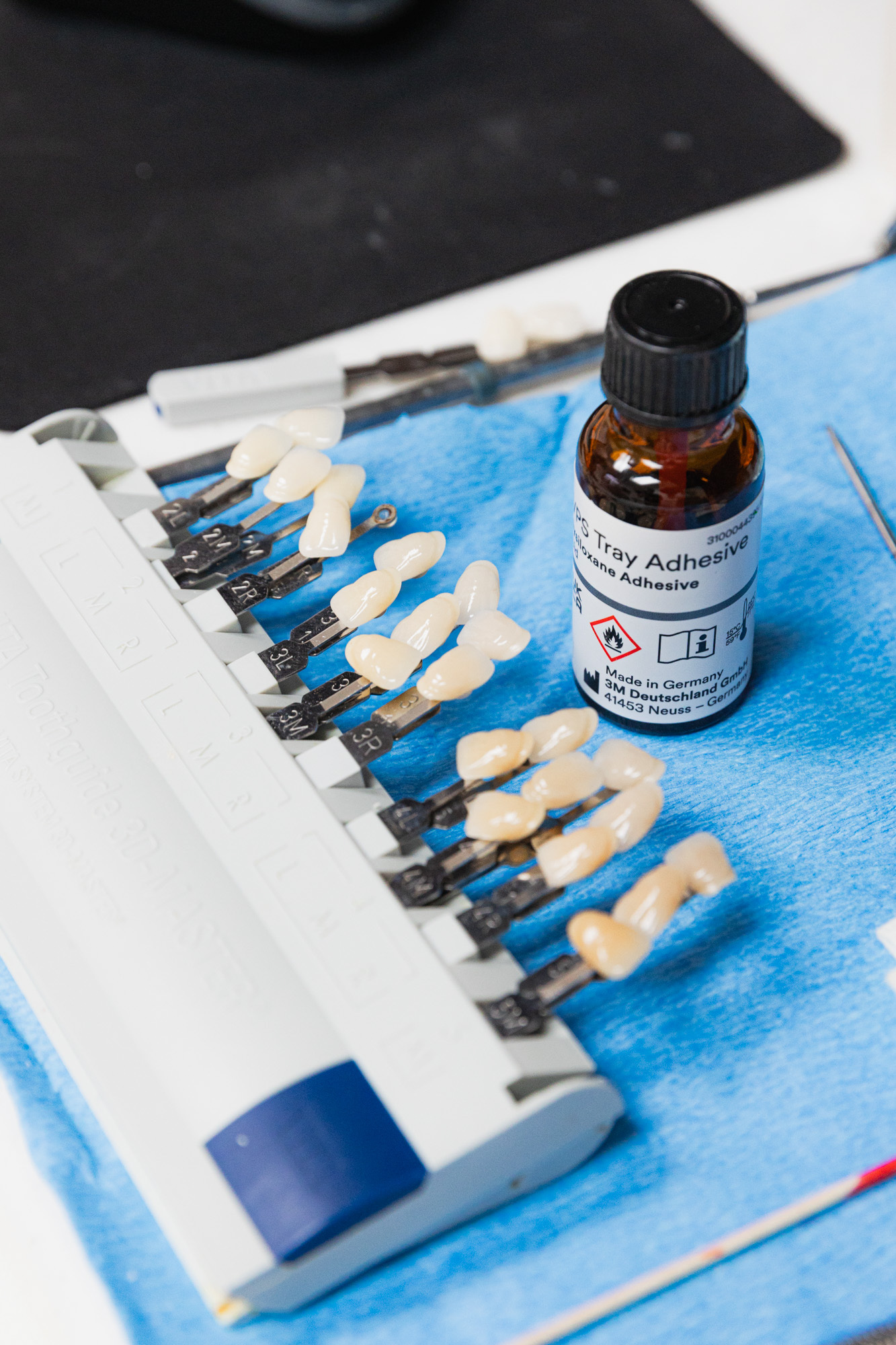
Repair Teeth
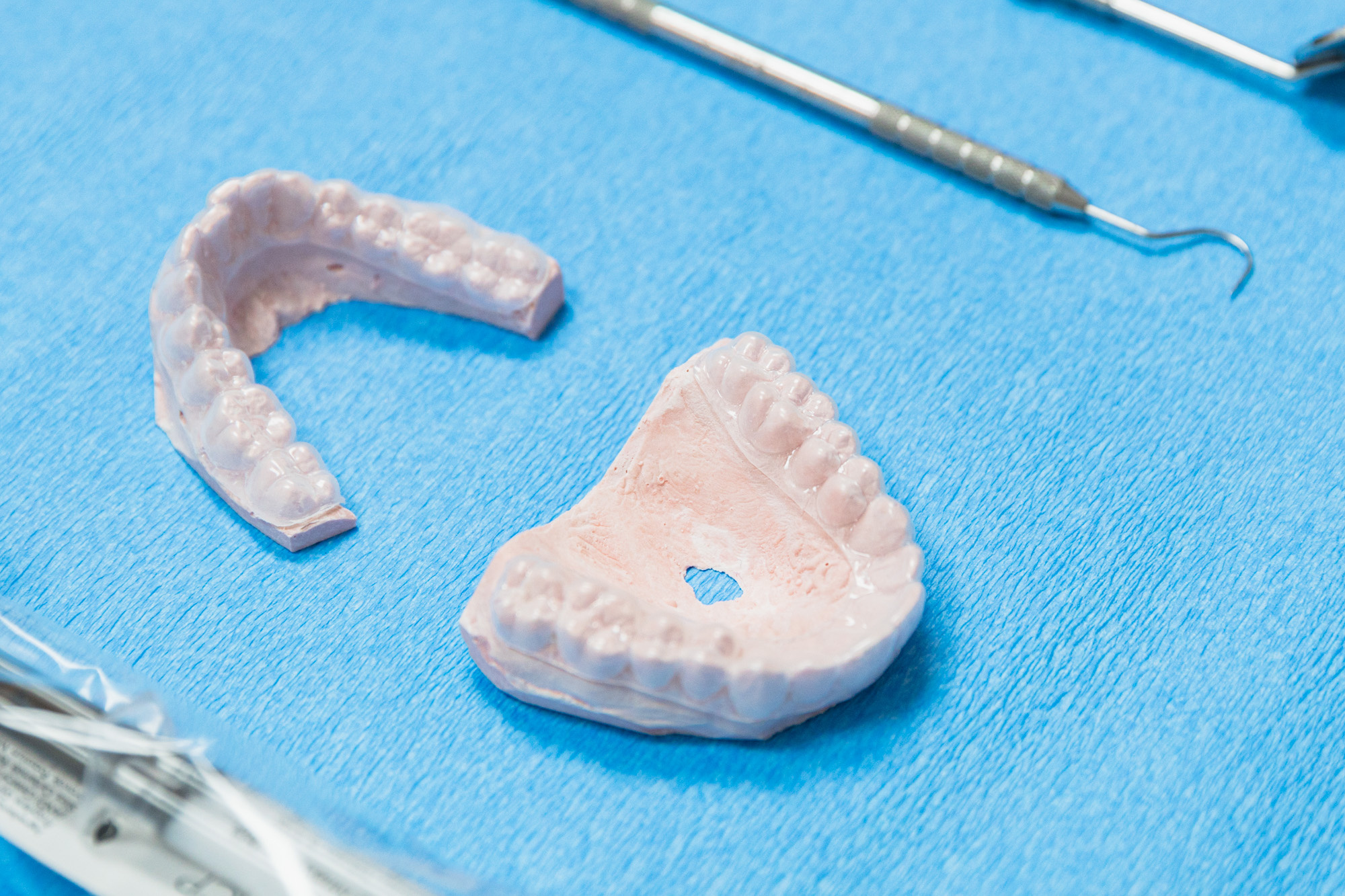
Greater Decatur’s Mission





Medically reviewed by
Dr. Meyer & Dr. Kimberly Clough
At Greater Decatur Dental, we typically perform routine checkups every six to twelve months as part of preventive care. However, we may schedule exams to track other changes or see how you heal from treatments in specific situations.
For significant dental or gum health issues, or if you are considering cosmetic work, we recommend a more comprehensive exam. This exam is much more thorough than a preventative exam.
You will be with Dr. Meyer & Dr Clough throughout the process, as she looks in depth at your teeth and creates a thorough treatment plan for restoration or repair.
We can also conduct emergency exams at Greater Decatur Dental. If you have experienced a traumatic oral injury, major damage to an oral appliance, or serious tooth pain, you may qualify as a dental emergency. In these situations, let us know as soon as possible and we will schedule you for an emergency visit.
At these exams, Dr. Meyer and Dr Clough highlight the importance of stopping immediate risks and pain. Afterwards, she will assess and repair any damage. Following an emergency, it may be that a complete recovery might require more treatment. Even so, we will focus on your comfort and healing as you recover.
At Greater Decatur Dental, the most common issue that we find is cavities created from tooth decay. Most times, we remove decay and restore the tooth with a resin composite (a tooth-colored filling).
Severely decayed teeth sometimes require more extensive treatment. Crowns may be necessary to repair extensive tooth decay, cracks, and other damage. A crown is a special restoration unit that fits over a tooth. It prevents further damage by restoring your chewing surfaces and maintaining full-mouth functionality.
Full tooth extraction might be necessary in more severe cases. Dentists perform extractions to maintain the health of nearby teeth and avoid additional damage. Dr. Meyer will carefully remove the damaged tooth and clean the socket to eliminate infection.
Following an extraction, a dental implant can replace the tooth. During dental implant surgery, the oral surgeon attaches a small metal post to the jawbone. This post, once fused to the bone, becomes the foundation for a custom-designed replacement tooth crown. After implant placement, your new tooth will function and look better than your old one.
